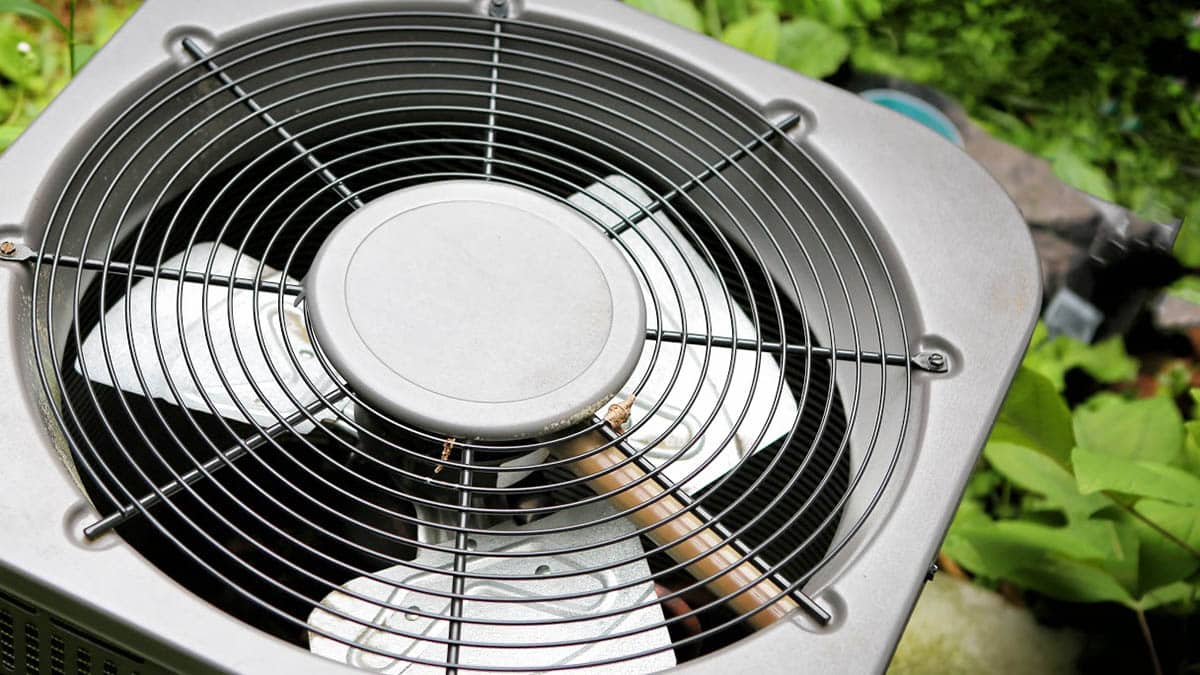
When Your Air Conditioner Stinks, What’s Causing The Smell?
Underperforming cooling systems are definitely aggravating in Phoenix, Arizona. But when residents aren’t educated in the benefits of efficiency, they’re often deterred by the idea of repairing or replacing their system. It’s easier for many to endure discomfort, uncertain reliability and high energy costs instead of fixing the problem. But when your air conditioner stinks, literally, it’s a telling sign you ought to take action.
Just because your cooling equipment is producing cold air doesn’t mean nothing is wrong. Any type of stench is not normal. When uncommon smells are left unaddressed, cooling issues will progress. In fact, they can even impact your health. When you think about it, both of these consequences are far more costly than a simple repair.
Explaining Funky Smelling AC
For the most part, a stinky air conditioner is telling you something rather specific. From our experience, there are 7 common smells worth understanding. Below is a breakdown of where they come from and how to address the problem in order to avoid further frustration.
1. A Musty Smelling Air Conditioner
When your air conditioner stinks like feet or sweaty clothes (like a locker room) when it’s turned on, you probably have a soiled evaporator coil. The musty smell, also known as dirty sock syndrome, is the result of bacteria, mildew and mold growth.
Since the stench is mostly caused by excess moisture and standing water, it isn’t as common in Phoenix. At the same time, it can be a common issue in other areas of Arizona where heat is used at night and the AC is turned on during the day.
Despite the dry climate here, if you’re not changing your air filters or taking professional maintenance seriously, mustiness can occur.
How Can You Get Rid of a Musty Smelling AC?
If the system still has some life left, an inspection, tune-up and full system cleaning typically solves the problem. But if you want to eliminate the smell for good, schedule a routine service that ensures the evaporator coil is clean and the drainage system remains unclogged. Avoiding smoke in the home will also help.
2. Your AC Stinks Like Sulfur or Rotten Eggs
One of the more common issues we receive calls on is a rotten egg smell that appears to be coming from HVAC ventilation. While there could be something in the ductwork, this is usually caused by something else. Natural gas has a sulfuric additive that’s meant to be distinguished during a leak – because of the hazard involved.
So if you’re dealing with a smell like this, don’t assume your air conditioner stinks. The best thing you can do is turn off your gas supply, open up windows and quickly exit the premises while contacting the local gas company. In the meantime, avoid lighting a flame and try not to use anything electrical.
3. A Chemical-Smelling AC System
It’s never a good sign when you smell an unusually sweet aroma or your air conditioner stinks like paint thinner. The chemical-like scent is a common indicator that you’re dealing with a refrigerant leak. Like a coolant leak in your car, this type of issue can be fixed – but ignoring the smell can do a lot of damage.
Since your AC relies on refrigerant gas to move heat through its copper coils, a leak can cause the system to crack. So the best thing you can do is call a certified expert to inspect the issue and diagnose the problem accordingly. Once things are mended, the system will need to be recharged with the proper refrigerant.
If you have a leaking AC unit that was installed before 2010, you may want to consider a replacement. Most of these systems use freon or R-22 refrigerant, which is not manufactured anymore (ozone layer hazards). In other words, repairs won’t be cheap.
How to Confirm Your Refrigerant is Leaking
Aside from smelling chemicals, there are some ways to notice a refrigerant leak. If you struggle to keep your house cool, hold a certain temperature or experience high energy expenses, then a leak could be the cause. Some of the more obvious signs are frost on the evaporator coil or refrigerant lines and bubbling or hissing noises during cooling.
4. Your Air Conditioner Stinks Like Vinegar
Similar to a musty smell, the aroma of vinegar also points to blocked air flow, excess moisture and clogs. The first thing you’ll want to do is try to determine where the smell is coming from. If ductwork is the source then the cause could be as simple as a dirty filter.
If replacing them doesn’t eradicate the smell, then you might be dealing with mold in your ducts or air conditioner. A blocked drain line or condensate pan can also create an acidic or vinegar-like smell throughout the property. Since excess condensation can have many causes, it’s normally best to contact an HVAC professional for assistance.
5. A Cat Pee Smell During Cooling
When your air conditioner stinks like cat pee or ammonia, mold in your ductwork or AC system has probably reached a point where mycotoxins are present. While each of the aforementioned smells can be problematic, mycotoxins are hazardous to your health. So if you’re smelling this type of odor, a professional cleaning is usually imminent.
6. AC That Smells Like Plastic is Burning
If you’ve never smelled burning plastic before, some say it resembles the odor of fish. Others compare it to an overheating computer or melting wires. Either way, when your air conditioner stinks like this, it typically means you’re dealing with some sort of mechanical failure or electrical issue.
A motor that’s poorly lubricated, a broken fan belt or busted capacitor that’s overheating the AC motor are all common examples. Since many unattended electrical problems have the tendency to result in a fire, you should never ignore the smell of burning plastic or fish. In fact, turn the air conditioner off immediately and contact a professional.
7. Smelling Sewage, Death or Dirty Trash
Since each of these smells are rather similar, we thought we’d group them together. For the most part, it can be awfully difficult to determine where the smell is coming from. Whether you have a backed up sewer line, dry P-traps, or a dead animal carcass somewhere – the odor of each can make its way into your ventilation system.
There are ways to test your P-traps and create a seal against sewage smells, but backed up lines or ruptured vents can create hazardous gases. A rotting animal can also create further problems or peril. The faster you’re able to identify decomposition or sewage, the better.
Be Careful to Avoid Unnecessary Risks
If you’re unable to figure out why your air conditioner stinks this way, consider calling a certified plumber or pest control specialist. Either will certainly be able to eradicate the problem in a timely manner. In the meantime, turn off the AC (if you can) and open up some windows.
Don’t Let a Smelly AC Linger
At the end of the day, dealing with an awful-smelling air conditioner can be just as aggravating as an underperforming system. Neither provides the comfort you desire. Although the thought of repairs can be discouraging, a trusted relationship with a quality HVAC company allows you to manage these situations with ease.
At Canyon State, we believe in serving our customers and hiring all the right people. No matter how bad your air conditioner stinks, there’s always a way to resolve the problem with your best interest in mind.

